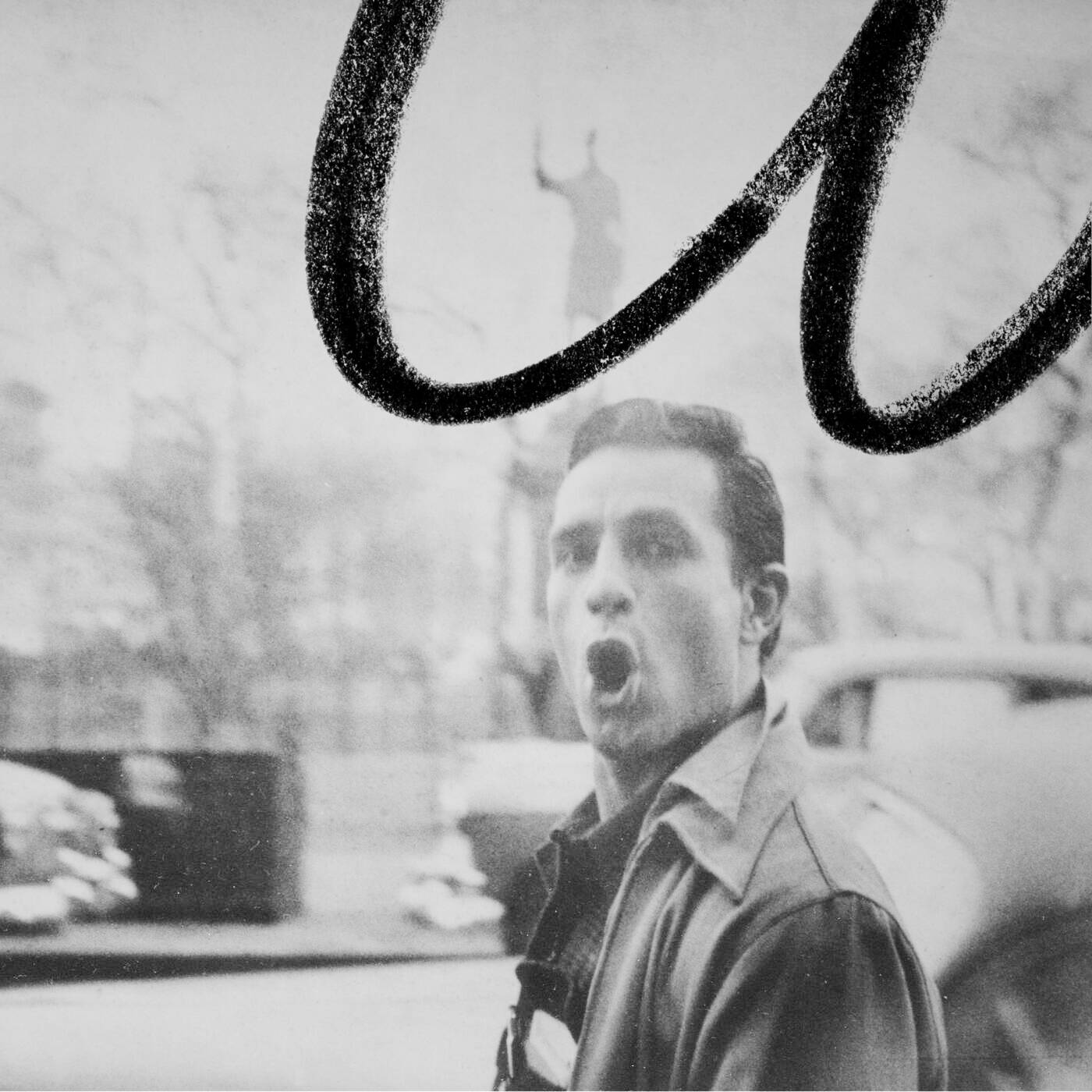
“We take
unholy risks to prove
we are what we cannot be. For instance,
I am not even crazy.”
Amiri Baraka, Snake Eyes, 1963
Hello, readers! Thank you so much for reading last week’s post on finding your writing voice. Excited to be back again!
ChAoS!!!!! Hard core!!!!! This week, I’m sharing some thoughts on how embracing chaos can help us with the hardest writing problem of all: getting started! I share a few insights into some theories about why a state of chaos helps prompt creativity, including Betty Flowers’ “madman” persona and the Beat writers’ belief in “first thought, best thought” as the ultimate writing rule. I’ve also got a prompt to help you with the how of all this, that includes one of my favorite artifacts from the writing world: Jack Kerouac’s “Belief and Technique for Modern Prose.” Let’s ROCK! 🎸🤘
Tinker, Tailor, Madman, Judge
Fear of judgment—from ourselves as well as others—is nine times out of ten the biggest stumbling block to getting started on a piece of writing.
The impulse to “self-edit” your own thoughts even as they’re tumbling out of your head is so strong among writers at all levels and stages of their careers, it’s practically universal. That judgment that our “first thoughts” are stupid and dumb can be completely paralyzing, and it can keep you stuck for years or forever, like the writer version of getting the yips.
Self-editing is an extremely important skill and we’ll talk a lot about it in TLC. But what I want to do this week is try to get us to be able to sit down at that blank page and not feel terrified and terrible and worthless. To write our first drafts without shame, and without fear of judgment. The best way to do that is to embrace the chaos within! I swear to you, if you want to get better at self-editing, you need to get better at the chaos part first.
But how?
Step 1 in our path toward shame-free writing comes from Professor Betty Flowers, the inventor of a few creative “roles” that you may have heard of before: madman, architect, carpenter, and judge. Responding to her countless students who lament “getting started” and “not getting started” as the biggest challenges in writing, Flowers writes:
What happens when you get stuck is that two competing energies are locked horn to horn, pushing against each other. One is the energy of what I'll call your 'madman.' He is full of ideas, writes crazily and perhaps rather sloppily, gets carried away by enthusiasm or anger, and if really let loose, could turn out ten pages an hour.
The second is a kind of critical energy—what I'll call the 'judge.' He's been educated and knows a sentence fragment when he sees one. He peers over your shoulder and says, 'That's trash!' with such authority that the madman loses his crazy confidence and shrivels up. You know the judge is right—after all, he speaks with the voice of your most imperious English teacher. But for all his sharpness of eye, he can't create anything.
“He can’t create anything.”
For Flowers, chaos isn’t only necessary to create anything, harnessing chaos is possible and our ultimate creative state. Self-editing is part of the creative process, but the initial idea, the first spark of truth that ignites a new piece of writing and fuels the remainder of the process, is born out of chaos (just like the universe!).
Hello, old meme, haven’t seen you in a while.Notice that I said "spark" of truth, not just "truth." I do believe that editing is an art thankyouverymuch and that sometimes (often!) you’ll write five drafts and work with someone else before figuring out what the idea or the point is—but the point here is that beginning in chaos is how you let the original cells of that idea divide, in the faith that they will amount to something good. The chaos of the madman stage is about creating the conditions that will allow your next great idea—which is unknowable to you now—to eventually converge.
More than anything, what you're missing when you see the blank page as void is energy. That's why you can't get started. Chaos is about giving energy to the page. Chaos is energy. Chaos is motion.
“First thought, best thought”
Step 2 in our mission to eradicate shame and GET STARTED! 🎸🤘 is to embrace the writing maxim: “first thought, best thought,” to which Flowers’ madman is very much related.
Beat writer Allen Ginsberg popularized the phrase “first thought, best thought,” which came from a conversation with his “lama guru,” the Tibetan Buddhist Chogyan Trungpa Rinpoche. Other Beat writers like Jack Kerouac and William S. Burroughs shared Ginsberg’s belief that unfiltered writing is the only way to realize or express anything like “truth,” and shame spirals of self-editing ultimately obscure all authenticity and stifle vitality. (In case you’re not familiar with the Beats, they were really into stuff like vitality.)
In the Buddhist review Tricycle, Dr. Jeremy Hayward characterized Rinpoche and the Beats’ idea of “first thought, best thought” thus: “That first moment of fresh perception, before the colorful and coloring clouds of judgment and personal interpretation take over. ‘First thought’ is ‘best thought’ because it has not yet got covered over by all our opinions and interpretations, our hopes and fears, our likes and dislikes. It is direct perception of the world as it is.”
Hm, “as it is,” huh? As it is, it's a bit of a mess! To lay down the world “as it is,” the Beats lauded a stream-of-consciousness style (Kerouac called it “self ultimacy”) where one thought follows another, sentences toppling over each other and buzzing and bouncing along like beans in a brain pan, like you’re in a jalopy on a bumpy road, not a lot of time or room to stop and like reflect. Sounds a lot like the madman stage to me!
Take this excerpt from On The Road, where Kerouac writes about writing in his writing style in his writing style:
One night when Dean ate supper at my house—he already had the parking-lot job in New York—he leaned over my shoulder as I typed rapidly away and said, “Come on man, those girls won’t wait, make it fast.”
I said, “Hold on just a minute, I’ll be right with you soon as I finish this chapter,” and it was one of the best chapters in the book. Then I dressed and off we flew to New York to meet some girls. As we rode in the bus in the weird phosphorescent void of the Lincoln Tunnel we leaned on each other with fingers waving and yelled and talked excitedly, and I was beginning to get the bug like Dean. He was simply a youth tremendously excited with life, and though he was a con-man, he was only conning because he wanted so much to live and to get involved with people who would otherwise pay no attention to him. He was conning me and I knew it (for room and board and “how-to-write,” etc.), and he knew I knew (this has been the basis of our relationship), but I didn’t care and we got along fine—no pestering, no catering; we tiptoed around each other like heartbreaking new friends. I began to learn from him as much as he probably learned from me. As far as my work was concerned he said, “Go ahead, everything you do is great.” He watched over my shoulder as I wrote stories, yelling, “Yes! That’s right! Wow! Man!” and “Phew!” and wiped his face with his handkerchief. “Man, wow, there’s so many things to do, so many things to write! How to even begin to get it all down and without modified restraints and all hung-up on like literary inhibitions and grammatical fears…”
“That’s right, man, now you’re talking.” And a kind of holy lightning I saw flashing from his excitement and his visions, which he described so torrentially that people in buses looked around to see the “overexcited nut.”
Yeah, totally.
A lot of people love Kerouac, but if you got nothing from that, you’re not alone. Capote famously said of Kerouac’s work: “It isn’t writing, it’s typing.” A more generous perspective might call it a first draft; while other writers edit the chaos out, Kerouac and the boys just left it in. But embracing the madman stage sure as shit helped them write like hell, so if you’re one of the countless writers who just can’t seem to get started, don’t try so hard to make a first draft of writing. Just make it typing.
Still don’t believe me? The Beats and the Buddhists weren’t alone! Romantic poet William Blake wrote, “First Thought is Best in Art, Second in Other Matters.” Blake did not write anything like the style of the Beats (he may simply have included editing among the “other matters”) so don’t be afraid that if you type like Jack you’ll end up with a bunch of crazy pages and nothing to hold onto. Quoth William: “If the doors of perception were cleansed every thing would appear to man as it is, Infinite. For man has closed himself up, till he sees all things thro' narrow chinks of his cavern.”
“First thought, best thought” is about cleaning the doors of perception, to embrace nonjudgment, while the madman throws off his weighted clothes and smashes the doors of his cavern.
Blake made dope art too. This is called “The Ancient of Days.” If you look down in that black void below, that’s totally Chaos!Rachel, do you have any more thoughts about WHY chaos is a creative force?
Omg thank you, yes. The idea of embracing chaos or accessing a chaotic state in order to find truth brings me back to another line of Romantic poetry I’ve had stuck in my head for more than a decade. (If you ever get the chance to go to Scotland to study the Romantics from a three-hundo-year-old stone building that overlooks a beach where the ruins of a monastery destroyed during the Reformation are frozen falling forever into the cold North Sea, would highly recommend 10/10.)
Anyway, the line I’m thinking of comes from John Keats’ unfinished epic Hyperion, which describes the plight of the Titans, ruled by the god Saturn, who are being thrown out of power by the Olympians. The Titans were there first, almost since the beginning! Saturn is not taking this well. Bemoaning the end of his reign, Saturn asks:
“But cannot I create?
Cannot I form? Cannot I fashion forth
Another world, another universe,
To overbear and crumble this to nought?
Where is another Chaos? Where?”
You probably remember this dope scene from Hercules.Saturn is asking where to find another chaos please because he doesn't like how things are going and THE UNIVERSE WAS LITERALLY CREATED OUT OF IT. CHAOS IS FIRST. HE WANTS TO CREATE SOMETHING NEW.
In Hesiod’s creation myth, Chaos was the first of the four primordial deities, followed by Earth, Tartarus (a kind of prison world), and Eros. Chaos begat Darkness and Night, and the two of them begat Light and Day, and later the Titans were born (I don’t know how this works, sorry! Not a doctor).
Some scholars interpret Chaos as a place between Heaven and Earth, or between Earth and Tartarus. Others say Chaos is a void (!), and still others call Chaos the “first and only thing in the universe,” not just a gaping space but a thing, conceivable and real. The classicist Mitchell Miller called Chaos the “principle of division,” and Eros the “principle of unification”—rather than being precise opposites, they are a continuum, where one is made possible by the existence of the other.
If it helps, you can think of the governing principle of your first draft (your scribbled chaotic pages) as the principle of division, and the governing principle of your remaining drafts (toward idea, thesis, evidence, point) as the principle of unification.
In order to get to unity you have to begin with chaos.
When you first sit down to write, rather than coming with a plan, give your flying, spinning, spilling thoughts room on the page, so that they have a chance to meet and maybe join up to form an idea, like the particles after the Big Bang. Don’t play god here and pick and choose which thoughts might be worthy of adding to your chaos—if they occur to you, write them down, don’t pretend they aren’t happening. Then take one thought and divide it again, question it from all angles, splitting it until you get to something you can’t split anymore.
The way cells divide to eventually become a single person, this chaotic state can eventually lead to a unified idea.
You can also backtrack from unification to division as a kind of creative prompt. Look at anything that appears unified closely enough—most of our dearly held beliefs, ideas, concepts, and principles can’t hold true in all circumstances and conditions. The closer you look at something you think of as true, the quicker it dissolves back into chaos, just another Monet.
Dig into those moments where you think you’ve found a truth and complicate it, dividing each thought, again and again, until you can’t divide anymore. Now you have a new starting place.
The point is, all of creation begins in chaos, because chaos is energy. All life coalesces from chaos, and all life will dissolve into chaos again—it is the resting state of the universe. This doesn’t discount the utility of unity or second drafts or big ideas or concepts. Planets happen and we live there for a while. But chaos as the ultimate creative force can’t be discounted or undervalued. It’s certainly Saturn’s thought when he pleads, “Where is another Chaos? Where?” How can we begin again?
Which is to say: How can we begin?
“Pleasantville” is a story about how creativity is impossible without introducing a chaotic element and order is a prison.Kerouac’s Rules for Writers and This Week’s Exercise
Anyone who struggles with self-editing, self-judgment, and getting started should practice a little “first thought, best thought,” madman writing this week. A little 💫backstory💫 and then I’ll talk about how to actually do that.
I don’t remember where I first saw Kerouac’s rules for writers, but I’ve been sharing them with my writers and students for six or seven years. Apparently Kerouac had just come off a three-day writing session during which he wrote all of The Subterreaneans—he had written On The Road in three weeks a year earlier—when his bois Burroughs and Ginsberg asked him to lay down how he’d done it. Truthfully, the answer was Benzedrine.
Kim’s right.But Kerouac did put together a list of directives for writing and life that he called “Belief and Technique for Modern Prose.” I found it one day, printed it out, put it up on the wall above my desk, and many desks and many walls later the same dirty half-piece of ripped paper still hangs. Ginsberg apparently had the list above his desk when he wrote Howl.
Kerouac’s “rules for writers,” as I labeled them and have come to think of them, are a reminder that everything matters and nothing is serious. They are frenetic, profound, joyful, and chaotic in the best way. Your prompt this week is to choose one of these—whichever one you’re drawn to the most—and write a response to it, madman-style, a first draft where “first thought, best thought” is the only rule.
RACHEL, what do you mean when you say “drawn to”?
Great question. If you’re having trouble with the “whichever one you’re drawn to” part, or if you just want to do some experiments on yourself, here’s a few chaotic things to try:
- In Ginsberg’s own account of the meaning of “first thought, best thought,” he talks about the primacy of image in the “first thought” being the locus of a piece of writing: “Meaning, the first raw flash on your mind that’s usually visual, before you mediate it and edit it and editorialize on it, and generalize on it or make it OK for other people to look at censor it ... filter it.” So “first thought” might be interpreted as “first image.” Read down the list and pause at whichever one of these conjures a solid image in your mind, something from the physical world. Stop where your first thought is an image and dig down into that and draw it up in words.
- Another experiment is to go down the list literally staring at each line until an image is clear, and then write down what you see and go anywhere from there.
- Forget the image thing altogether and try to just catch yourself in a thought, which kind of feels like when you suddenly notice that you’re driving. Stop at any thought, not judging whether it’s “good enough,” and dig in and divide it and keep dividing it, or write wildly without trying anything, not worrying if the connections you make from one thought to the next feel random! You are stopping at a thought just to have a place to start from. Or as Ginsberg puts it: “Like, Oh, well, I’m gonna think about what I was thinking about.”
- If that still doesn’t work, just pick from the list at random and go for it, roll the dice: What does it mean to you? What do you think it means? Where does it come from? Is it profound or musical or humorous or strange? Stupid? You can still do the madman thing even with a prompt. Try to let yourself go once you’ve picked a starting point, let the madman take over and say anything.
Once more: the point is to try writing without shame, without judgment, and without thoughts of judgment. If a thought of judgment does appear in your mind, remind yourself—convince yourself—that the thought is a wave on the ocean of your creative power. Just let it wave on by, while you sink down where all the cool weird life happens, where everything strange-mazing is born and lives and dies and dissolves into whatever life is next, far below the surface.
Belief and Technique for Modern Prose, Jack Kerouac, 1958
- Scribbled secret notebooks, and wild typewritten pages, for yr own joy
- Submissive to everything, open, listening
- Try never get drunk outside yr own house
- Be in love with yr life
- Something that you feel will find its own form
- Be crazy dumbsaint of the mind
- Blow as deep as you want to blow
- Write what you want bottomless from bottom of the mind
- The unspeakable visions of the individual
- No time for poetry but exactly what is
- Visionary tics shivering in the chest
- In tranced fixation dreaming upon object before you
- Remove literary, grammatical and syntactical inhibition
- Like Proust be an old teahead of time
- Telling the true story of the world in interior monolog
- The jewel center of interest is the eye within the eye
- Write in recollection and amazement for yourself
- Work from pithy middle eye out, swimming in language sea
- Accept loss forever
- Believe in the holy contour of life
- Struggle to sketch the flow that already exists intact in mind
- Don't think of words when you stop but to see picture better
- Keep track of every day the date emblazoned in yr morning
- No fear or shame in the dignity of yr experience, language & knowledge
- Write for the world to read and see yr exact pictures of it
- Bookmovie is the movie in words, the visual American form
- In praise of Character in the Bleak inhuman Loneliness
- Composing wild, undisciplined, pure, coming in from under, crazier the better
- You're a Genius all the time
- Writer-Director of Earthly movies Sponsored & Angeled in Heaven
Cool, right?
My final note here (lol): Kerouac wrote, “One day I will find the right words, and they will be simple.” That might be your goal too. And ya know that thing about how you’ve got to create your own luck? Well, the more words you can get down, the better chance that you’ll find the right ones among them. It sure is a lot easier to get more words out as a madman than a judge. Don't be your own gatekeeper, it’s awful work.
Kerouac writes “I will,” and not just “I hope.” Ultimately, write with the faith it takes to believe that a bunch of dividing cells in a uterus someplace eventually, if conditions are right, creates a whole person. Just like in a pregnancy, you have absolutely no control over how exactly the cells divide. But you create the conditions for the division. Consider your first draft the same way. The first, best thing you can do to get one great idea is to create the conditions for one to emerge. Where is another Chaos? Here.
I had a music teacher once who used the Flowers method on us and added that we should name each of the “roles” we accessed in our creative process, as another way to help stifle the ego. Maybe your madman is Kerouac himself. Invite him over, ask him inside. Sit across the table from him, pour him a drink, hand him a notebook, and let him spill.
Song of the week!
My Kentucky, Kamara Thomas
I recently came back to my current home in the Midwest (I am not from here and do not like it, sorry!) from a road trip that took me around back East: Iowa to Vermont, New Hampshire, Maine, to Brooklyn, Virginia, the Carolinas, Kentucky and back again. Even if I’m coming in on a back road with no road signs, I can always tell when I come into Virginia. When the pines changed and the sky got low I knew I was south, and I put the windows down in the sweltering heat and put on Kamara Thomas, an artist I fell for about a year ago. Thomas, who lives in Durham, NC, is a multidisciplinary artist and storyteller with the voice of an deep-earth angel. (Also, the link is to Spotify but the YouTube video is from a 2009 show at Pete's Candy Store in Williamsburg, Brooklyn, where I have played many, many shows! If you're ever in NYC, the place is worth a visit.)
If you have any affinity for bluegrass or Americana, do yourself a favor and check how many Black artists you have on your playlists—these artists are woefully underrecognized and deserve a lot more attention from everyday Americana, bluegrass, Appalachian folk, and just plain country fans. Give Thomas a listen and other incredible Black folk artists of the region like Valerie June (Tennessee) and Rhiannon Giddens (North Carolina).
The Smiths guitarist Johnny Marr said something about how the people who appreciate the power of music the most are teenagers, and that really reminds me that songs that make us feel simple feelings are the best songs in the world. Pure feeling, like you’re having one for the first time. Songs that make us feel like teenagers: not that everything is simple, but that it’s all possible. “My Kentucky” is just a sweet little world of a song that makes me want to go for a drive past my crush’s house, lie in tall grass, have myself a little dream about the world I might be part of, if I’m really lucky, one day.
Ask Me Anything!
What topics on writing and editing will TLC cover? I want to answer your questions directly! If there’s anything you’ve wanted to ask an editor, or me specifically, please email me at [email protected] (or post in the #writing channel if you’re a paid subscriber in our Discord). I won’t be able to respond to everyone directly, but I will choose from your questions to address in this space, and will thank that person by name unless you request to be anonymous. Questions about process, maybe something you’ve heard writers talk about but you don’t know what it means, or even advice stuff like what’s a great book to read when you’re falling in love? or how do I get into poetry? I can’t wait to see what you come up with!
Thanks for reading, little pilgrims! Chat soon.
Rach
Don’t forget to subscribe to get The Long Conversation in your inbox each Monday! Every week you’ll get my answer to a question in writing, reading, and editing, plus writing exercises and prompts, tips and ruminations. Subscribing also gets you access to our Discord and all our newsletters and podcasts, including: Glassy (tech and gender from the majestic Taylor Majewski), Cybernaut (who is the internet, anyway? with brilliant Canadian Fadeke Adegbuyi), Napkin Math (business stuff with Evan Armstrong, the hardest working man in newsletters), Almanack (finance stuff with Nat Eliason, the nicest boy in crypto), Divinations (biz strategy and smartthots™ from Nathan Baschez), Superorganizers (your productivity and feelings center with Dan Shipper), Free Radicals (on leadership, “fuck your institution”-style, with Sherrell Dorsey and Annaliese Griffin), Means of Creation (the creator economy with Li Jin, an actual genius), and more!
The Only Subscription
You Need to
Stay at the
Edge of AI
The essential toolkit for those shaping the future
"This might be the best value you
can get from an AI subscription."
- Jay S.
Join 100,000+ leaders, builders, and innovators

Email address
Already have an account? Sign in
What is included in a subscription?
Daily insights from AI pioneers + early access to powerful AI tools
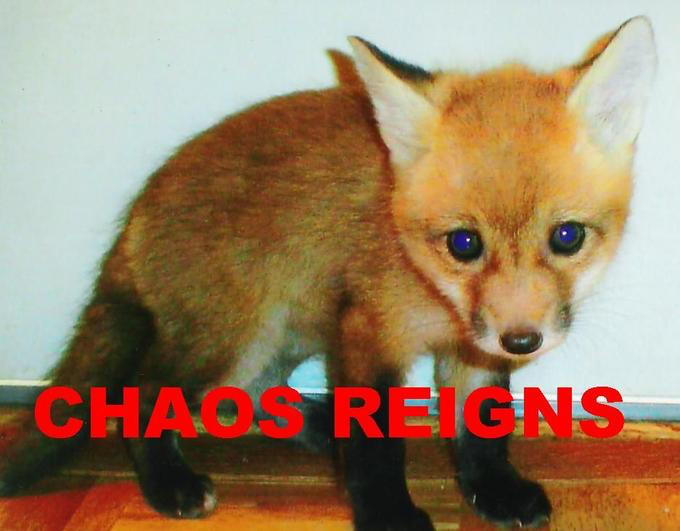
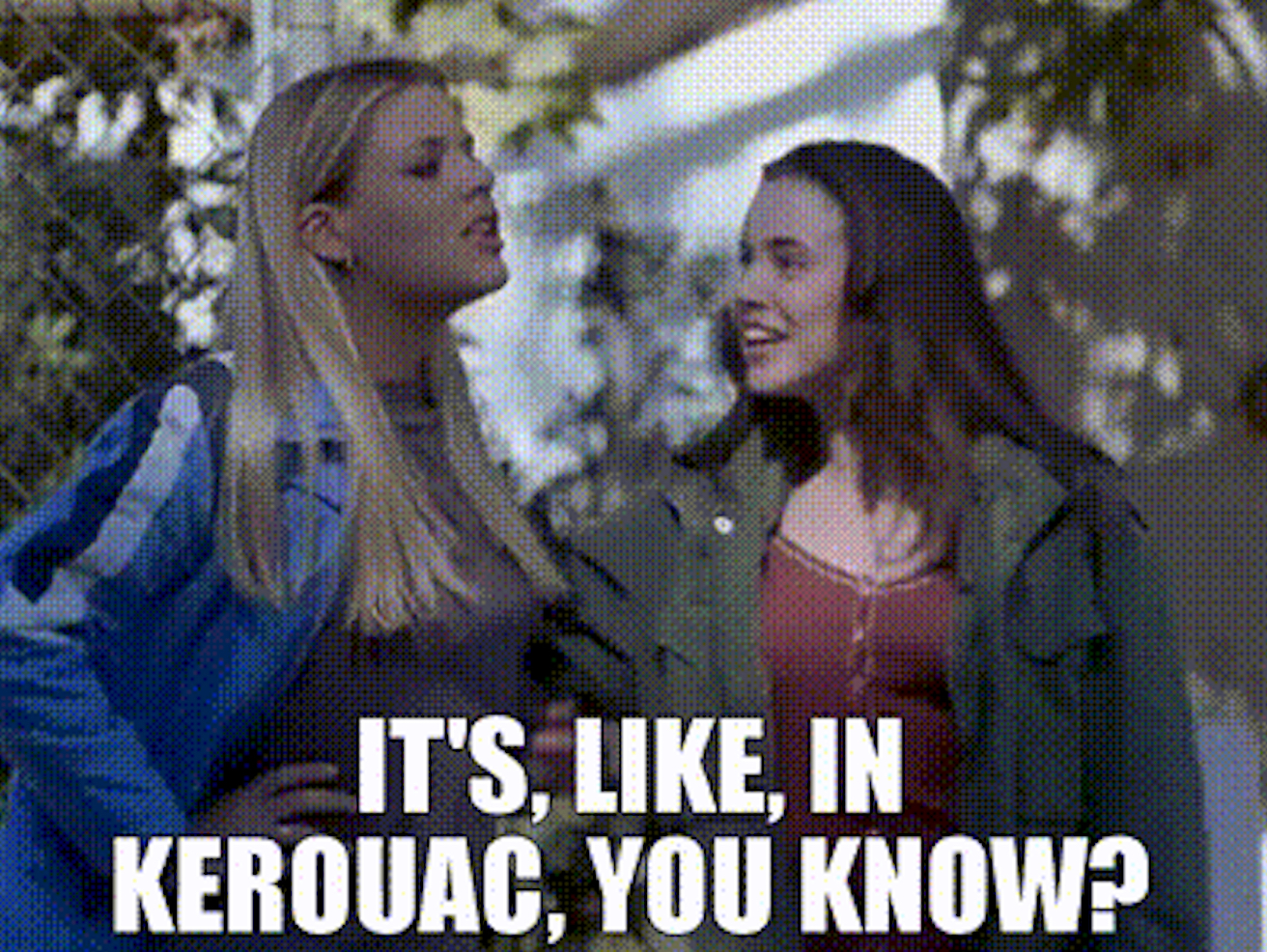
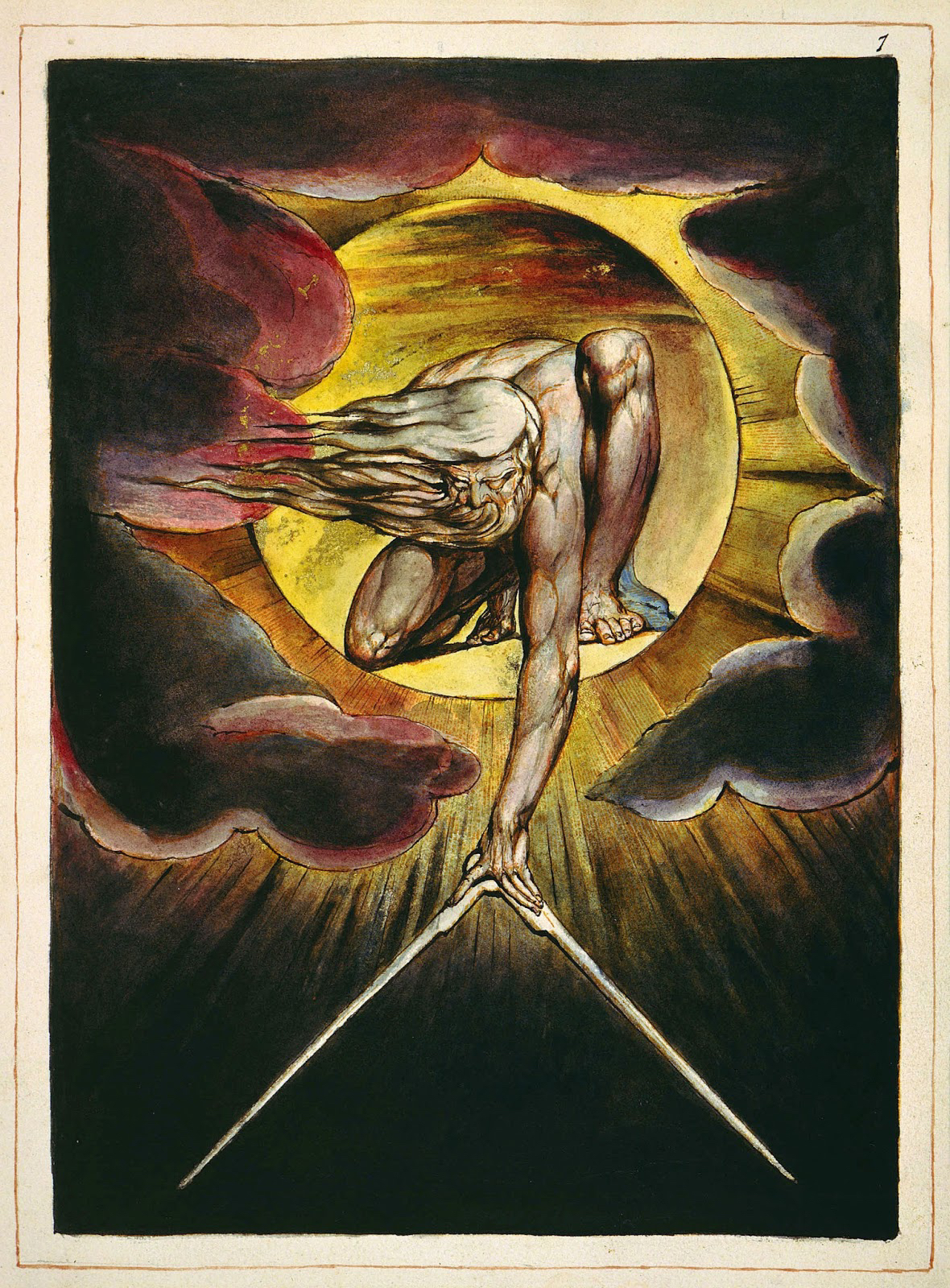
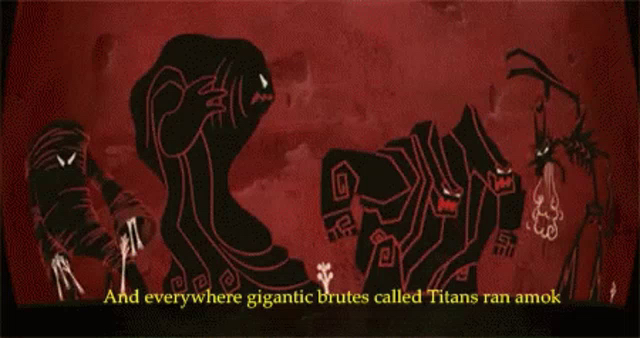
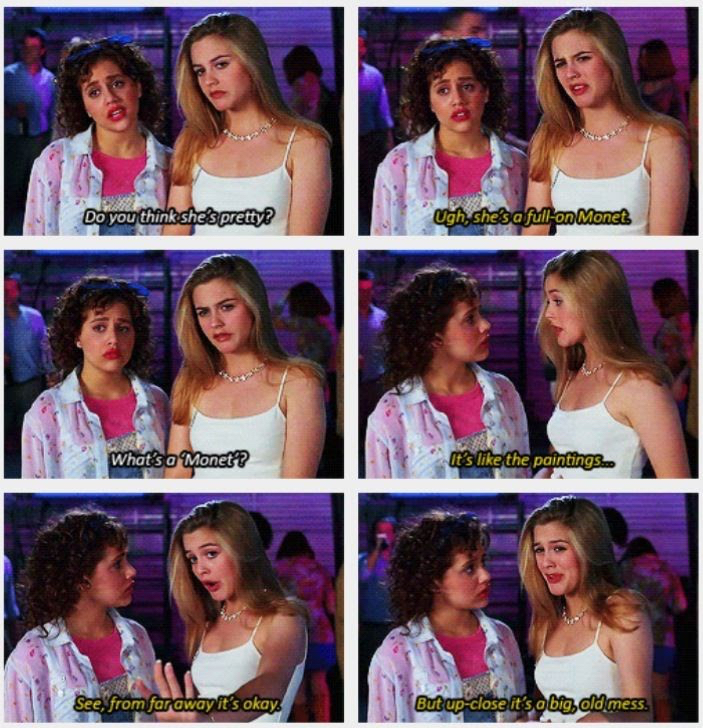
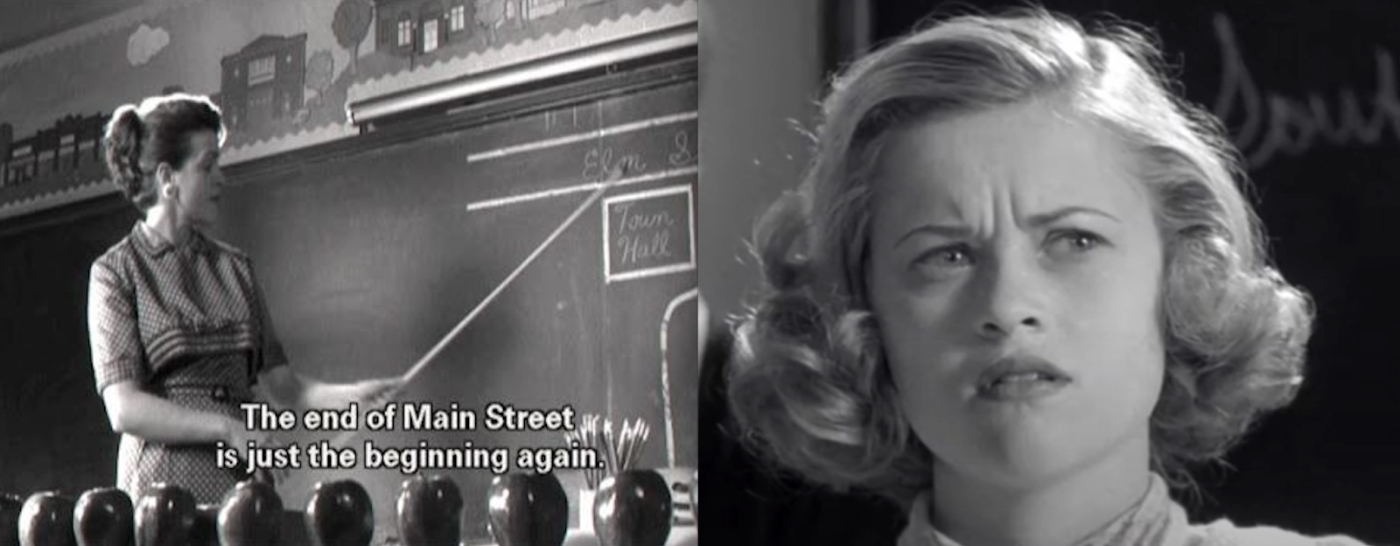
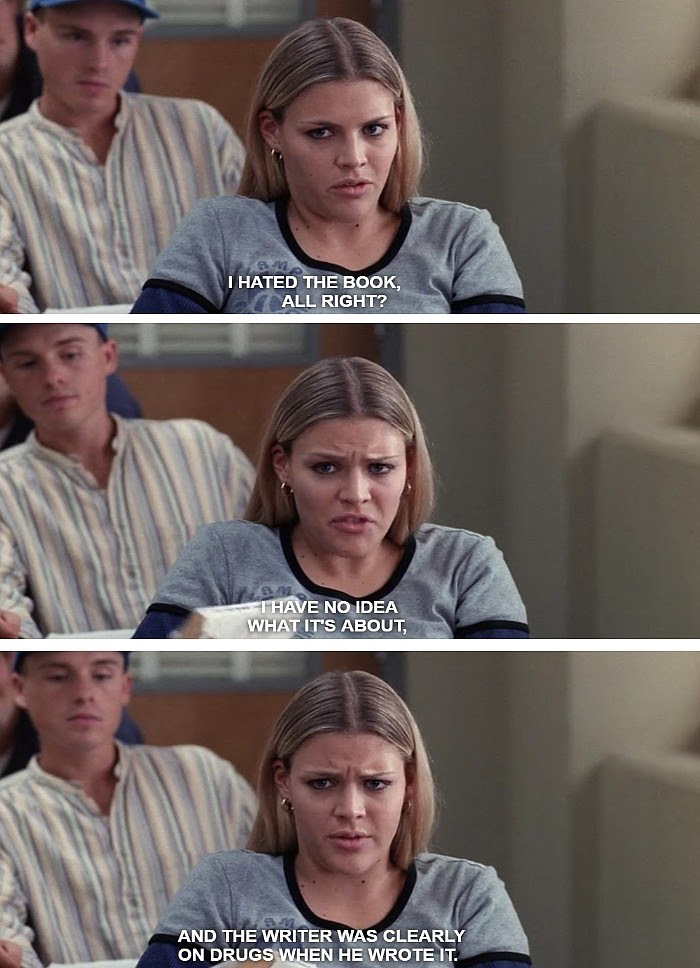









Comments
Don't have an account? Sign up!